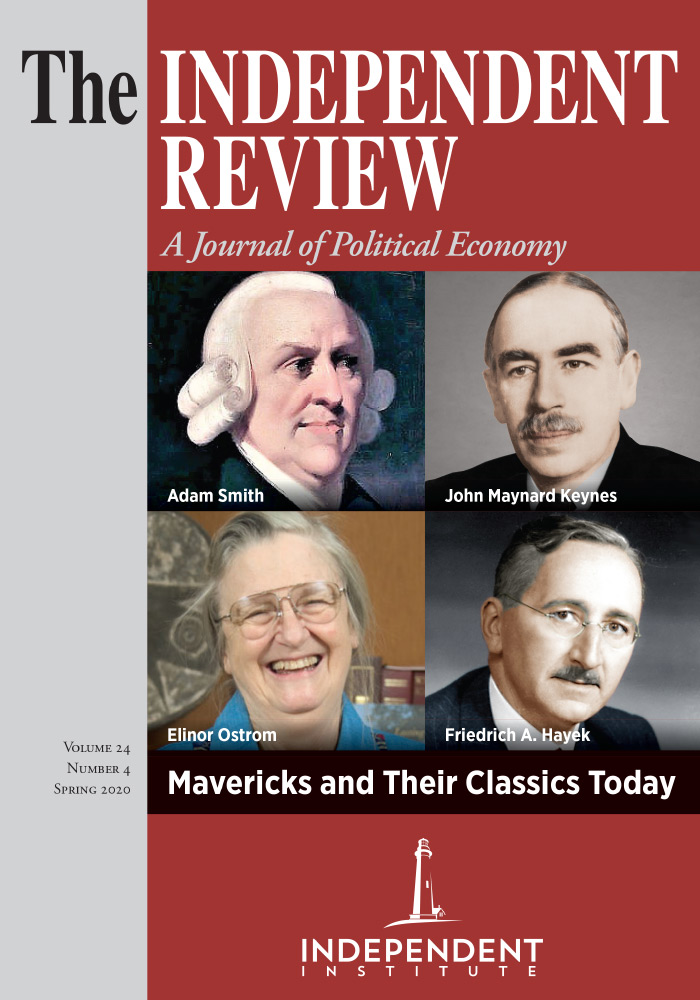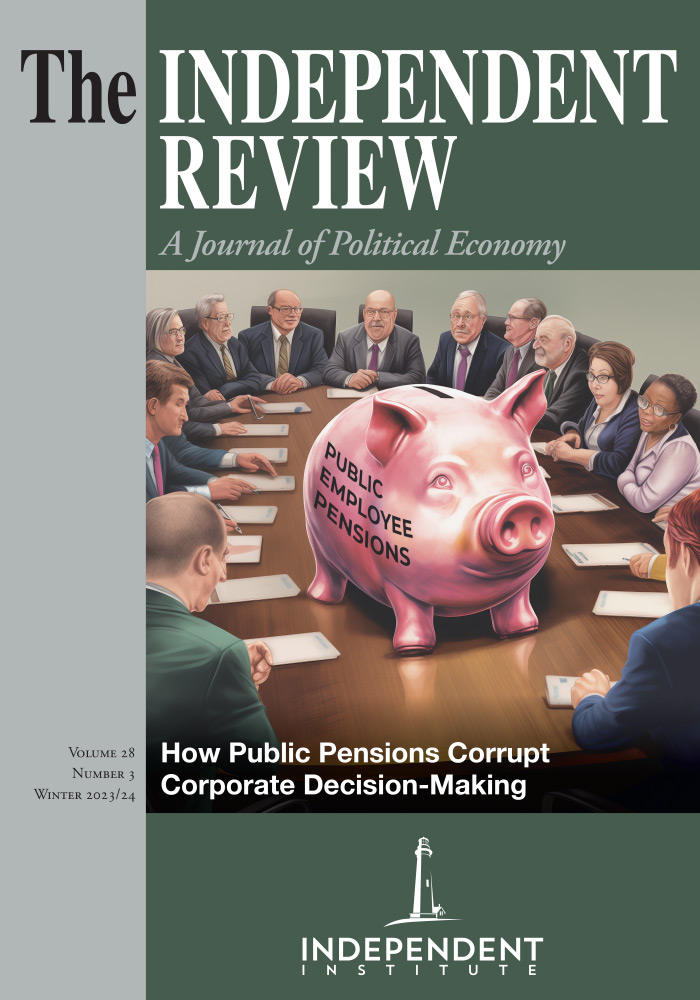Readers bought enough copies of John Kenneth Galbraith’s The Affluent Society (1958) to make it a bestseller, but they didn’t buy its claim that America had become so rich that people would derive no extra utility from consuming more goods and services. Although subsequent research suggests that continued economic growth and rising consumption do bring us smaller and smaller gains in well-being, Galbraith’s argument that government should control any “surplus balance” is paper thin.
Robert M. Whaples is a Senior Fellow at the Independent Institute and Co-Editor of The Independent Review.
| Other Independent Review articles by Robert M. Whaples | ||
| Spring 2024 | A Vision of a Productive Free Society: Murray Rothbard’s For a New Liberty | |
| Spring 2024 | GOAT: Who Is the Greatest Economist of All Time and Why Does It Matter? | |
| Spring 2024 | Everyday Freedom: Designing the Framework for a Flourishing Society | |
| [View All (93)] | ||










